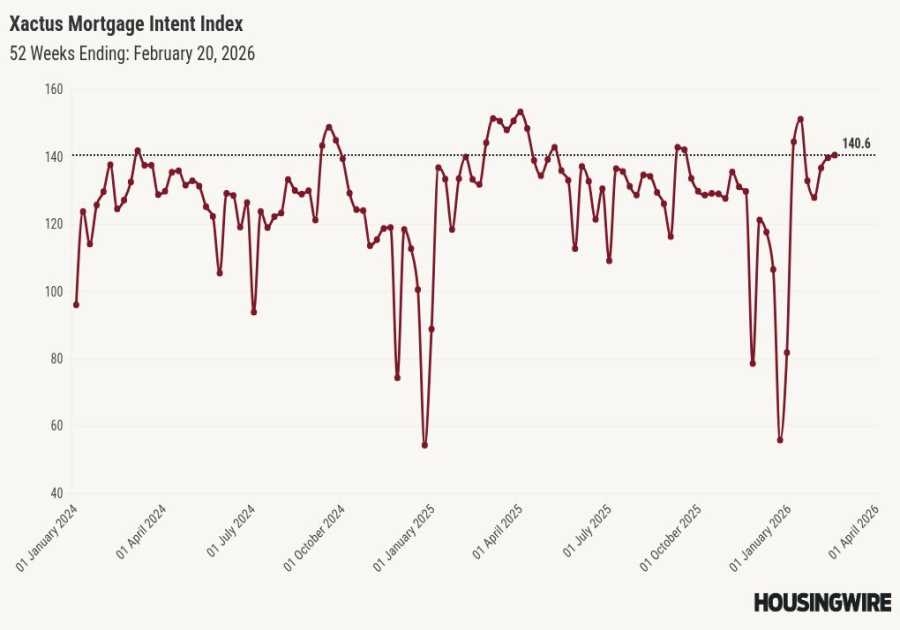
Liquidity plays a crucial role in the world of trading, providing the foundation upon which markets function and enabling the seamless execution of trades. Whether you are a novice trader or an experienced investor, understanding the provide liquidity meaning and significance of liquidity is paramount to success in the financial markets. In this article, we will explore the concept of liquidity, specifically in the context of forex trading, and delve into how it is provided. So, let’s dive in and unlock the power of trading liquidity.
Understanding Liquidity
Definition of Liquidity
Liquidity refers to the degree to which an asset or security can be quickly bought or sold in the market without causing significant price movements. In simpler terms, it represents the ease with which an asset can be converted into cash. Liquidity is an essential characteristic of any financial market as it ensures that participants can enter or exit positions at their desired prices efficiently.
Importance of Liquidity in Trading
Liquidity is vital for the smooth functioning of financial markets. It provides market participants with the ability to execute trades swiftly and at favorable prices. High liquidity allows for tight bid-ask spreads, reducing transaction costs for traders. Additionally, it enhances price discovery and stability, as a liquid market tends to reflect the true value of assets more accurately. Without sufficient liquidity, trading can become challenging and lead to increased slippage, which is the difference between the expected price of a trade and the executed price.
Liquidity in Forex Trading
Role of Liquidity in Forex Markets
In the forex market, liquidity holds immense significance due to the decentralized nature of currency trading. The forex market is the largest financial market globally, with trillions of dollars being traded daily. Liquidity in forex ensures that participants can buy or sell currency pairs with ease, allowing for the seamless execution of trades.
Benefits of High Liquidity in Forex Trading
High liquidity in forex trading brings several advantages. Firstly, it enables traders to enter and exit positions swiftly, even when dealing with large trade sizes. This reduces the risk of slippage and ensures that traders can execute trades at desired price levels. Moreover, high liquidity contributes to lower transaction costs, as tighter spreads result in reduced bid-ask differentials. Traders can also take advantage of competitive pricing and access a broad range of trading opportunities due to the abundance of liquidity.
How Liquidity is Provided
Market Makers
Market makers are key players in providing liquidity in the financial markets, including forex. These entities continuously quote bids and ask prices for a variety of financial instruments. By standing ready to buy or sell assets at any given time, market makers enhance liquidity and ensure that traders can always find counterparties for their trades.
Electronic Communication Networks (ECNs)
Electronic Communication Networks, or ECNs, are electronic platforms that connect buyers and sellers directly, bypassing the need for intermediaries. In forex trading, ECNs facilitate the aggregation of liquidity from various market participants, including banks, institutions, and individual traders. By consolidating liquidity from multiple sources, ECNs offer deep liquidity pools and enable efficient order matching.
Forex Brokers
Forex brokers also play a crucial role in providing liquidity to traders. They act as intermediaries between retail traders and the wider market. Forex brokers typically partner with liquidity providers or aggregate liquidity from multiple sources, allowing traders to access the forex market with ease. By offering competitive bid-ask spreads and fast trade execution, brokers contribute to the overall liquidity in the forex market.
The Significance of Providing Liquidity
Facilitating Efficient Trading
The provision of liquidity facilitates smooth and efficient trading. It ensures that traders can execute their desired trades promptly and at fair prices. Without liquidity, traders may face challenges in finding counterparties for their trades, resulting in delays and potential missed trading opportunities.
Enhancing Price Stability
Liquidity is instrumental in maintaining price stability in the financial markets. When a market is highly liquid, even large buy or sell orders are unlikely to cause significant price fluctuations. This stability benefits traders by allowing them to enter and exit positions without causing undue disruptions or slippage.
Reducing Slippage
Slippage can occur when the executed price of a trade differs from the expected price due to market volatility or insufficient liquidity. Higher liquidity reduces the likelihood of slippage, ensuring that traders can execute their trades at the intended price levels, thereby maximizing profit potential and minimizing risk.
Factors Affecting Liquidity
Market Depth
Market depth refers to the volume of buy and sell orders available at different price levels in the market. A deeper market with substantial order book depth indicates higher liquidity. Market depth is influenced by the participation of various market participants, including institutional investors, banks, and individual traders.
Trading Volume
The trading volume in a market is a crucial determinant of liquidity. Higher trading volumes indicate greater market participation, leading to increased liquidity. Active trading sessions, economic news releases, and major market events often result in heightened trading volumes, enhancing liquidity during these periods.
Economic Events and News
Economic events and news releases can significantly impact liquidity in financial markets, including forex. Major economic announcements, such as central bank decisions or employment reports, can trigger volatility and temporarily reduce liquidity. Traders should be aware of such events and adjust their trading strategies accordingly.
The Role of Forex Brokers in Providing Liquidity
Liquidity Providers and Liquidity Aggregators
Forex brokers partner with liquidity providers to offer liquidity to their clients. Liquidity providers are entities, such as banks or financial institutions, that supply the pricing and liquidity for various currency pairs. Forex brokers may also employ liquidity aggregators, which combine liquidity from multiple sources to offer enhanced liquidity to their clients.
Benefits of Choosing a Forex Broker with Good Liquidity
Selecting a forex broker business with good liquidity is essential for traders. It ensures that traders can access competitive bid-ask spreads, fast trade execution, and deep liquidity pools. A broker with good liquidity partnerships and robust technological infrastructure can provide a seamless trading experience, enabling traders to capitalize on market opportunities effectively.
Conclusion
In conclusion, liquidity is a critical aspect of trading, enabling the seamless execution of trades and contributing to the overall stability of financial markets. In the context of forex trading, liquidity plays a vital role in facilitating efficient order execution, reducing slippage, and providing traders with competitive pricing. Market makers, ECNs, and forex brokers all contribute to the provision of liquidity, allowing traders to access the forex market with ease. By understanding the meaning and significance of liquidity, traders can make informed decisions and navigate the financial markets effectively.
FAQs
1. What is the meaning of liquidity in trading?
Liquidity in trading refers to the ease with which an asset can be bought or sold without causing significant price movements. It represents the ability to convert an asset into cash quickly and efficiently.
2. How does liquidity impact forex trading?
Liquidity is crucial in forex trading as it enables traders to enter and exit positions swiftly reduces slippage, and ensures competitive bid-ask spreads. High liquidity in the forex market enhances trading efficiency and provides a wider range of trading opportunities.
3. What are market makers?
Market makers are entities that continuously quote bids and ask prices for financial instruments. They provide liquidity by standing ready to buy or sell assets at any given time, ensuring traders can find counterparties for their trades.
4. How do forex brokers provide liquidity?
Forex brokers provide liquidity by partnering with liquidity providers or aggregating liquidity from multiple sources. They offer competitive bid-ask spreads and fast trade execution, allowing traders to access the forex market with ease.
5. Why is it important to choose a broker with good liquidity?
Choosing a forex broker with good liquidity ensures that traders can access competitive pricing, fast trade execution, and deep liquidity pools. A broker with strong liquidity partnerships provides a seamless trading experience and maximizes trading opportunities.
Interesting Related Article: “Liquidity Provider vs. Market Makers: Understanding the Difference“
------------Read More
By: David Jones
Title: Provide Liquidity Meaning: Unlocking the Power of Trading Liquidity
Sourced From: marketbusinessnews.com/provide-liquidity-meaning-unlocking-the-power-of-trading-liquidity/336749/
Published Date: Sat, 17 Jun 2023 03:29:06 +0000
Did you miss our previous article...
https://trendinginbusiness.business/business/flying-the-f35-stealth-fighter-can-leave-pilots-looking-like-they-are-100-years-old-says-test-pilot
.png)





